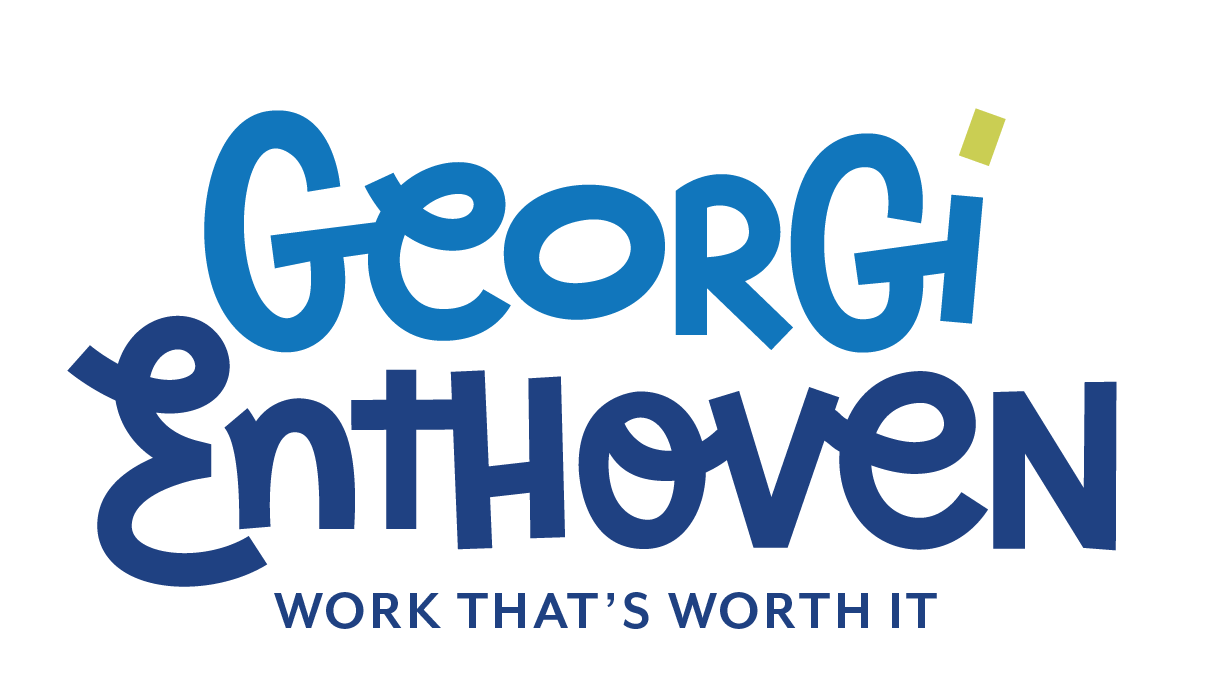The Gen Z dream: Balancing contribution and compensation
We all have something that fires us up and motivates us into action—with a strong desire to see a change in the world. I love that part of our human brains that propels us into action and, whether we know it or not, leads us to live out our values. For me, that something is how people “spend” their 90,000-hour career (yes, the average career lasts 90,000 hours). How many of these hours are dedicated to purposeful careers that are worth your time and energy?
Let me back up. When I attended University of California, Berkeley, back in the 1990s, I pieced together my own major, focusing on Third World Development (political science, sociology, public health, etc.). I immersed myself in the educational process and benefited from learning to think critically, process information, and form opinions. I cherished the academic experience I had. However, I did not graduate with a set of specific marketable skills and a pathway to employment, never mind meaningful employment. In fact, at the time, the career center was not even located on campus, and I barely interacted with the staff over the years.
I remember wanting to do something valuable and meaningful with my future career. Unfortunately, when I looked for opportunities in the Bay Area upon graduating, the only options that surfaced were volunteer roles such as handing out flyers, which provided very little chance for upward mobility. At the time, I was intrigued by the UN, but I did not speak multiple languages, so I never pursued that. I remember feeling frustrated and lacking ideas and role models that aligned with my studies and interests. Even if I did know what I wanted to do, I didn’t know which roads would lead me there.
Of course, as an ambitious 20-something-year-old, I wanted to succeed financially. What I found is that I was faced with a decision to either find a worthwhile and meaningful career OR pursue financial independence—but never both. And, given that I was living in the Bay Area as the tech boom was becoming mainstream, I found myself in a consumer tech job, quickly climbing the ranks from Marketing Assistant to Director of Business Development within three years. This fed my ego at the time, and perhaps my wallet, but not my heart.
I was gaining skills, learning how to be professional, and enjoying leaning into my ambition. But I lacked the meaningful part. And, to fill that bucket, I spent my “extra” time volunteering at a charter high school. I also helped organizations with youth business plans, and I helped wiring schools with internet cables. So in short, the “heart” piece was there. It was on the side, but it was there nevertheless.
Fast-forward to today: I want youngsters to know that they can find or forge better pathways that meet their career desires. I have been working on building out a hub for people who want to use their 90,000 hours for good—good for them, and good for the world. As an alumnus of Harvard University (I studied for my MBA there back in 2001), I was flipping through the Harvard Magazine. It was the Nov/Dec ‘23 issue, and I came across an article that stopped me in my tracks: What Work Means, by Aden Barton. As it turns out, all these years later, ambitious and motivated youth are STILL lacking pathways and role models that will facilitate and inspire them to do great things in the world AND look after themselves financially.
To date, I have (career) coached hundreds of young adults looking for the right ‘job’ that combines a worthwhile contribution to the world, and compensation to match. As Aden says “…my generation [the students of today] views its employers through a moral lens that is difficult to communicate to older generations”. Aden is not alone, and the moral lens is not just there in work, but also in life. According to the OECD, 90% of Gen Z consumers believe that companies have the responsibility to address environmental and social issues.
The good news is that over the past 20 years, more and more companies are considering how purpose, not just profit, plays a part in the products and services they offer. Gen Z is playing an important role in influencing how Executives are engaging with talent acquisition and retention—and “purpose” is a valuable piece. Organizations such as B-Corps are raising the standards and ethics of businesses. Slowly, we are seeing more opportunities where income doesn’t have to be sacrificed in the name of doing work that’s worth it (for example, in the green energy sector).
However, for those of us who want a career balancing contribution and compensation, we are still at the tip of the iceberg—and opportunities are hard to come by and lack variety. Unfortunately, I don’t have all the answers. Yes, educators and teachers—I see you!
Navigating purposeful work in the 21st century is not easy. But I am committed to surfacing more people who have discovered a work-life that offers the right combination to make their 90,000 hours worthwhile—for them, and the world. And helping young career professionals form the foundation of a meaningful and rewarding career.
Follow us as I explore tools, opportunities, role models, and pathways that may fulfill and inspire you! My podcast – Work That’s Worth It – and book of the same title are in the works.
Liked what you read? Share it on LinkedIn to help others discover it too. Connect with us on Facebook and Instagram @georgienthoven for more content. Thanks for being part of our community!





